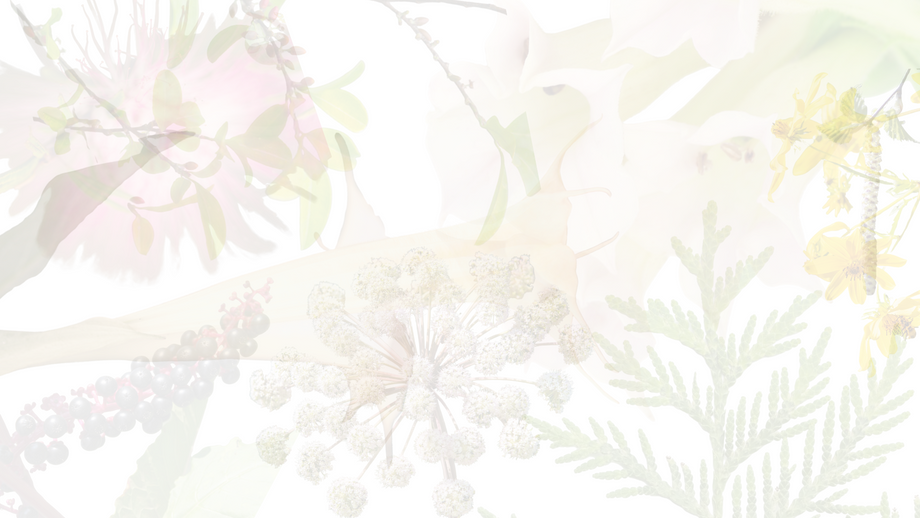Seed Saving - Protecting Genetic Information

As the winds and longer days of the Autumn begins to remind us how to let go, we can benefit from incorporating seasonal routines which save our energies and resources in order to prepare for the coming Winter.
One of the quintessential ways in which humans have traditionally saved energy - and at times even genetic memories - has been to dry and store the seeds from this year's harvest Gathering together within our communities to share in the harvest while saving seeds from the past for the future lives yet to come.
At times when books are banned, and knowledge is scarce, it can be such a blessing to carry ancestral wisdom within our seeds and recipes.
Helpful Tips for Seed Collecting:
- In many cases, as with Kiwicha (Amaranth), it can be very effective to hang small bundles or branches of the Herbal Ally upside down to dry. While doing so, locate the leafy plant above wax paper, cardboard, or some other material from which the seeds that later drop may be easily collected.
- When in doubt, refer to trusted Plant and Seed ID handbooks or photo guides. Click here to begin finding resources.
- Living in observance of Nature is especially important when it comes to seed collecting. The phases during which plants produce their seeds generally come during or just after the plant has produced their flowers and/ or fruits. Take time to observe Nature, and begin to know the phases of the Plant Nations.
Helpful Tips for Proper Seed Storage:
- Store in a cool/dry place
- Avoid storing inside the plastic. Some great alternatives to plastic are ceramic, cardboard, and paper containers.
- Avoid contact with direct sunlight. Contact with direct sunlight will degrade the protective layers on the outer shell of the seed, and will lower germination rates.
- Label the container holding seeds if you won’t remember them each by name.
Leave a comment
Comments will be approved before showing up.
Also in Original Instructions School Blog

The Medicinal Cotton Tree, an all purpose Herbal Ally first aide
With over 40 relatives in the Cotton family, we can look to them to provide head to tow support for the Survivors. How many generations have survived because of Cotton? Through the winters, tapestrys containing recipes and Instructions woven on a loom, spun in fine chalk living the Coconut Shell. How many Humans have died because of Cotton, elslaved, toturred, trafficked and murdered.

A Nourishing Stew Recipe (Spoiler Alert!...There is no recipe)
Recently, during an Herbalism Class Lecture, an attendee asked a brilliant question, following a tiny tangente on the many outstanding benefits of Lionś Mane Mushrooms. Their question was regarding any favorite stew recipes I have which incorpórate Lionś Mane Mushroom. This got brain sparked up, with wanting to share me favorite stew recipe of all time; the
FEEL YOUR BODY STEW
´Feel your body´stew is not new, but instead is the SAME old recipe that´s been done a thousand million ways since Humanity began to cook with heat.
We start out with just one key medicinally nutritional members of the Plant Nations, for our purposes today that shall be Lionś Mane Mushroom. In addition to their ability to support Human cognitive functioning through the growth of new healthy nerve pathways, Lionś Mane Mushroom is a wonderful source of proteína and amuno ácidos.





